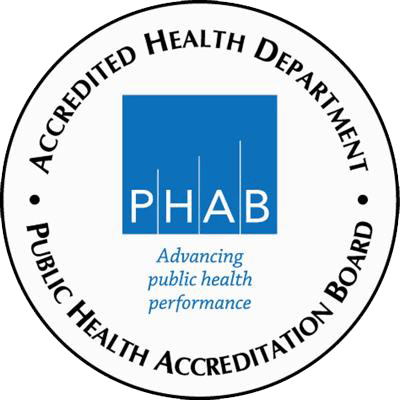Protect Baby's Oral Health Video Series
Baby's Oral Health Begins With Mom
Did you know:
- Untreated gum disease may be linked to low birth weight and pre-term birth
- Healthy baby teeth are formed during pregnancy, and development can be impacted by the mom’s health
- If a mom has high levels of untreated tooth decay, her children are 3x’s more likely to have tooth decay
- Mothers can unintentionally pass cavity-causing bacteria to newborns, increasing the risk of tooth decay for their child
Taking Care of Yourself and Your Oral Health When Pregnant is Important for Taking Care of Your Baby.
Moms can protect baby by:
- Brushing twice a day and flossing once each day
- Seeing a dentist early in the pregnancy for an exam and cleaning
Prevent Infant Tooth Decay
Baby teeth begin to appear between six and twelve months, and tooth decay can start immediately
- Never put your baby to bed with a bottle
- Brush your baby’s teeth as soon as their first tooth appears
- Avoid actions such as putting your baby’s pacifier in your mouth to clean it as that could transfer bacteria from your mouth to your baby’s mouth
First Tooth, First Visit
Your baby should see a dentist as soon as the first tooth appears and no later than their first birthday
Be sure to visit the dentist because:
- Problems with baby teeth can cause problems with permanent teeth
- Tooth decay, even in baby teeth, can significantly impair your child’s health and development such as chewing, smiling, and speaking
- Untreated cavities can cause an infection that can spread throughout the body
- It helps develop a relationship with a dentist when scheduling regular visits
Plan For Healthy Teeth
- Schedule and attend regular dental visits
- The American Dental Association recommends a visit to the dentist for all ages at least twice a year.
- Between dental visits:
- Clean your baby’s mouth even before teeth appear and switch to a small soft toothbrush once teeth appear
- Begin flossing your child’s teeth as soon as two teeth are touching
- At age 2, begin using a small (pea size) amount of fluorinated toothpaste, but do not use too much
- Regularly check your child’s teeth for signs of problems and decay such as chalky white, brown or black areas on the front or back of teeth, and signs of tooth infections
No Dental Insurance?
If your child is 18 or younger and does not have dental coverage, you may qualify for dental coverage through the State of Illinois “All Kids” program.
Find out more about “All Kids” by clicking here.
Apply for “All Kids” online by clicking here or calling 1-866-ALL-KIDS (1-866-255-5437).
To find a Dentist near you call 2-1-1.

